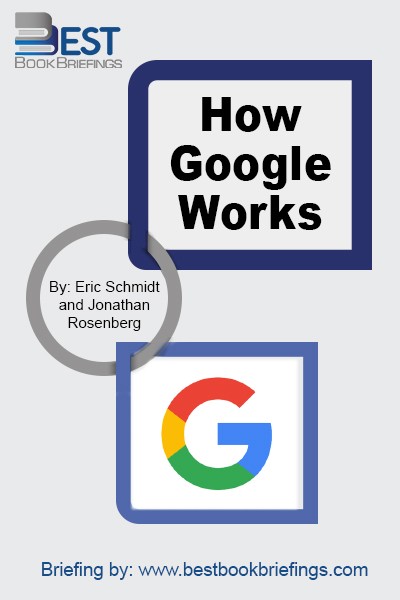How Google Works
Number of pages: 304
Publisher: Grand Central Publishing
BBB Library: Corporate Success, Operations Management
ISBN: 9781455582341
Editorial Review
In an era when everything is speeding up, the best way for businesses to succeed is to attract smart-creative people and give them an environment where they can thrive at scale. HOW GOOGLE WORKS is a book that explains how to do just that.
Book Reviews
Books on Related Topics
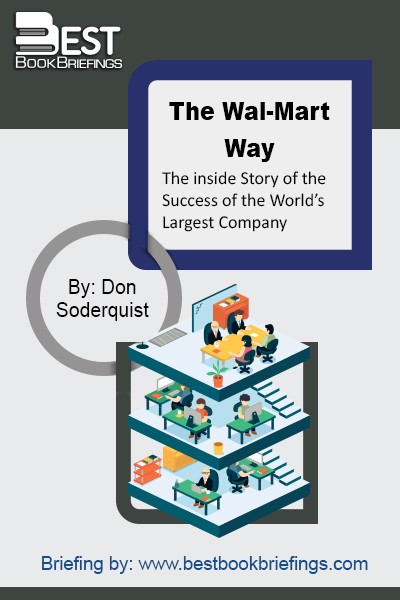
The Wal-Mart story is full of simple, but important truths. It's a story that has mystified some, frustrated others, and been admired by many. It's a story about principled, focused leadership that has been able to effectively and consistently balance values and the bottom line in a way that has seldom
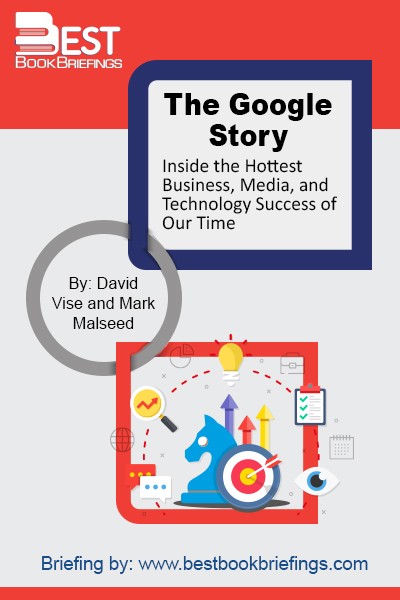
Moscow-born Sergey Brin and Midwest-born Larry Page dropped out of graduate school at Stanford University to, in their own words, change the world through a powerful search engine that would organize every bit of information on the Web for free. The Google Story takes you deep inside the company's wild ride from an

In Measure What Matters, Doerr shares a broad range of first-person, behind-the-scenes case studies, with narrators including Bono and Bill Gates, to demonstrate the focus, agility, and explosive growth that OKRs have spurred at so many great organizations. This book will help a new generation of leaders capture the same magic.
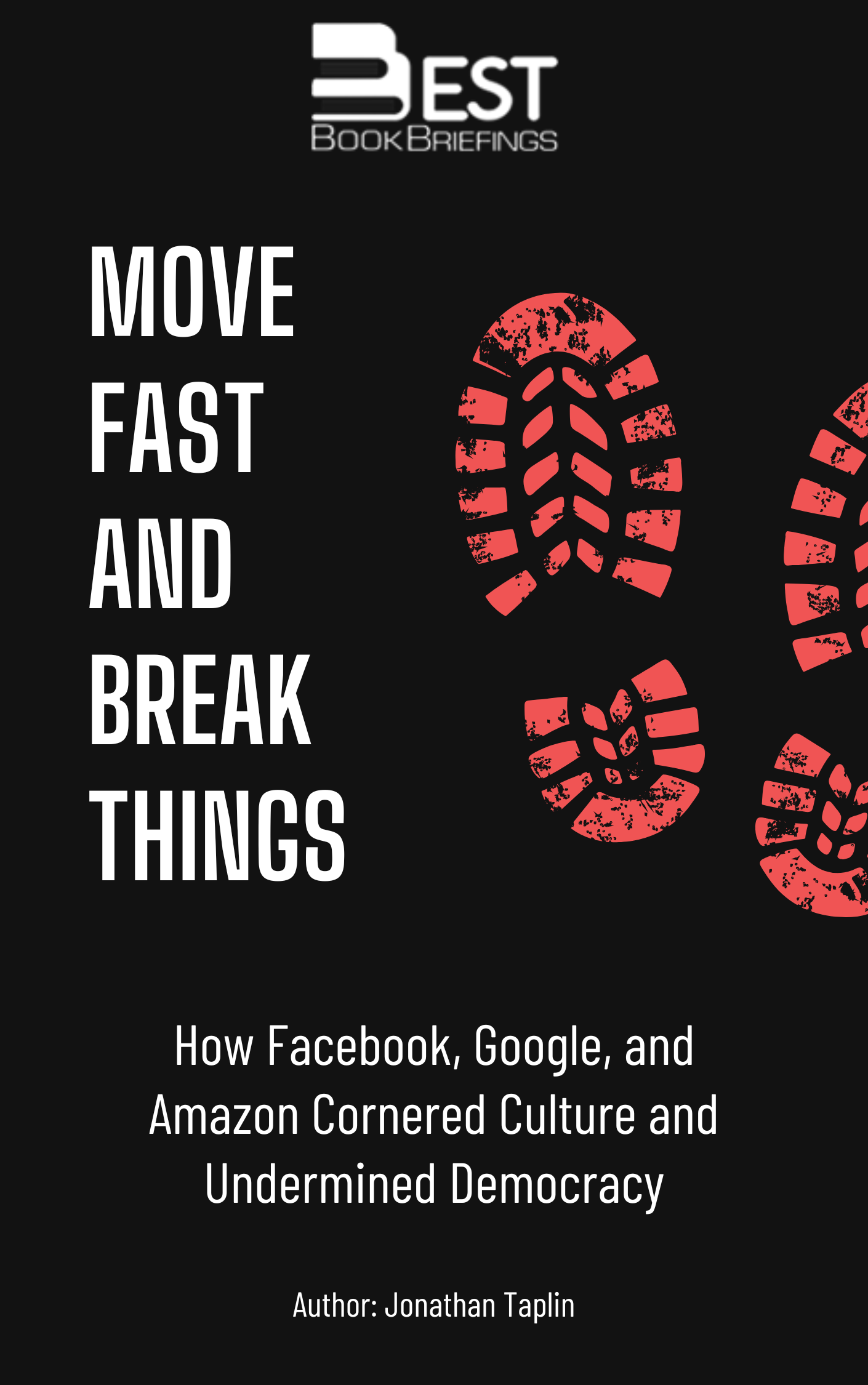
Move Fast and Break Things is the riveting account of a small group of libertarian entrepreneurs who in the 1990s began to hijack the original decentralized vision of the Internet, in the process creating three monopoly firms--Facebook, Amazon, and Google--that now determine the future of the music, film, television, publishing and
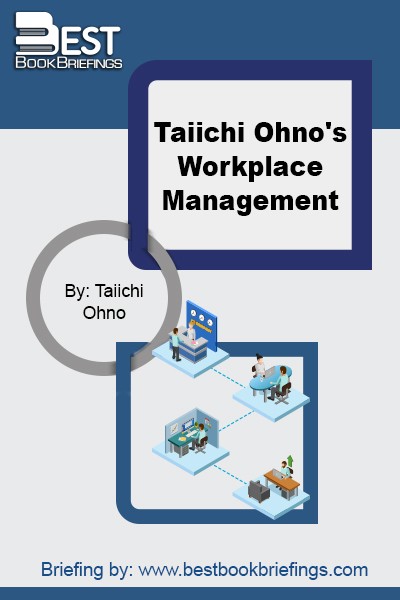
Many people today are seeking to build their own winning gemba (workplace) management system, just like the one built by Taiichi Ohno at Toyota. The study and application of Kaizen (continuous improvement) and Toyota Production System has become increasingly a part of how hospitals, governments, universities, banks, mining operations, and retailers

